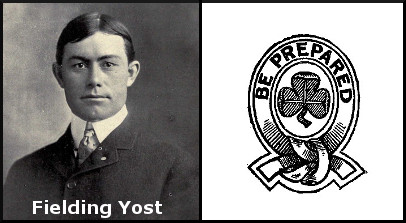Ethel Barrymore? Madge Kendal? J. H. Ellis? Lilian Braithwaite? Anonymous?
Question for Quote Investigator: The famous actress Ethel Barrymore was asked to list the requirements for success in the theater. She specified remarkable qualities such as the beauty of Venus and the intelligence of Minerva. The final crucial precondition was an ability to ignore criticism. Would you please trace this quotation?
Reply from Quote Investigator: The earliest close match known to QI revealed that this statement was employed by the prominent English actress Madge Kendal before it was used by Ethel Barrymore. In 1933 Kendal published her autobiography “Dame Madge Kendal, By Herself” which was reviewed in newspapers such as “The Leeds Mercury” in England1 and the “Dundee Courier and Advertiser” in Scotland.2 These papers reprinted the following entertaining remark. Emphasis added to excerpts by QI:
She sums up the qualifications of a young woman for a successful career on the stage as “The face of Venus, the figure of Juno, the brains of Minerva, the memory of Macaulay, the chastity of Diana, the grace of Terpsichore, but, above and beyond all, the hide of a rhinoceros.”
Ethel Barrymore received credit for a very similar statement by 1937 as shown further below. Interestingly, many years earlier in 1900 Madge Kendal employed a comparable trope although she listed a somewhat different set of requirements for an actress.
Below are additional selected citations in chronological order.
Continue reading “Quote Origin: The Face of Venus, the Figure of Juno, the Brains of Minerva, the Memory of Macaulay . . . Above and Beyond All, the Hide of a Rhinoceros”